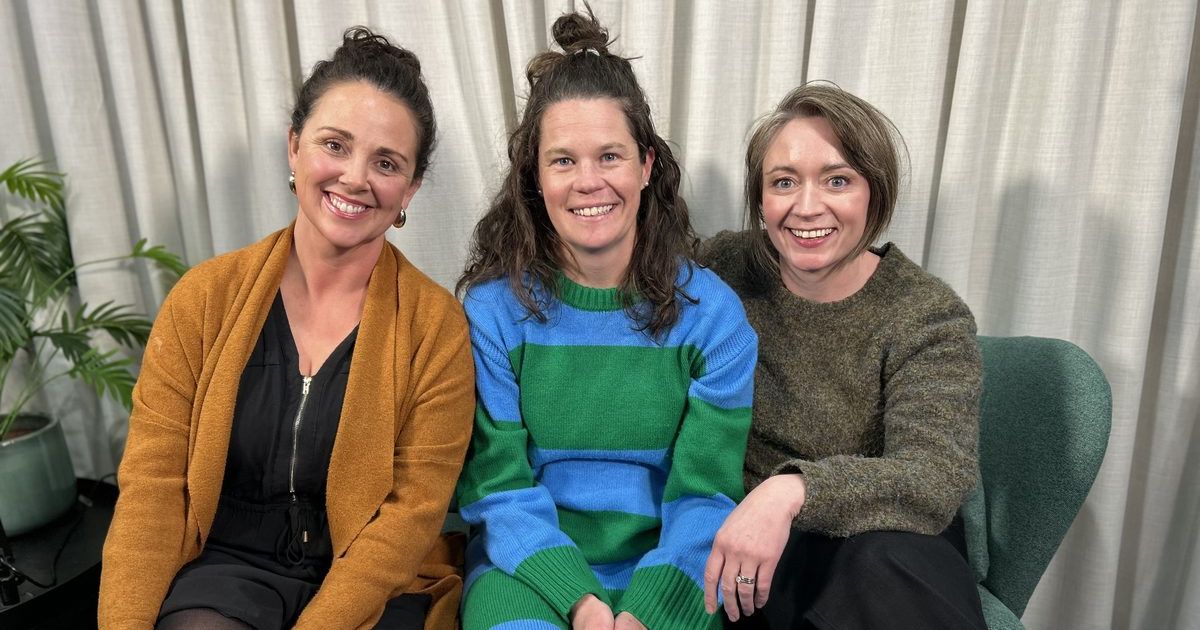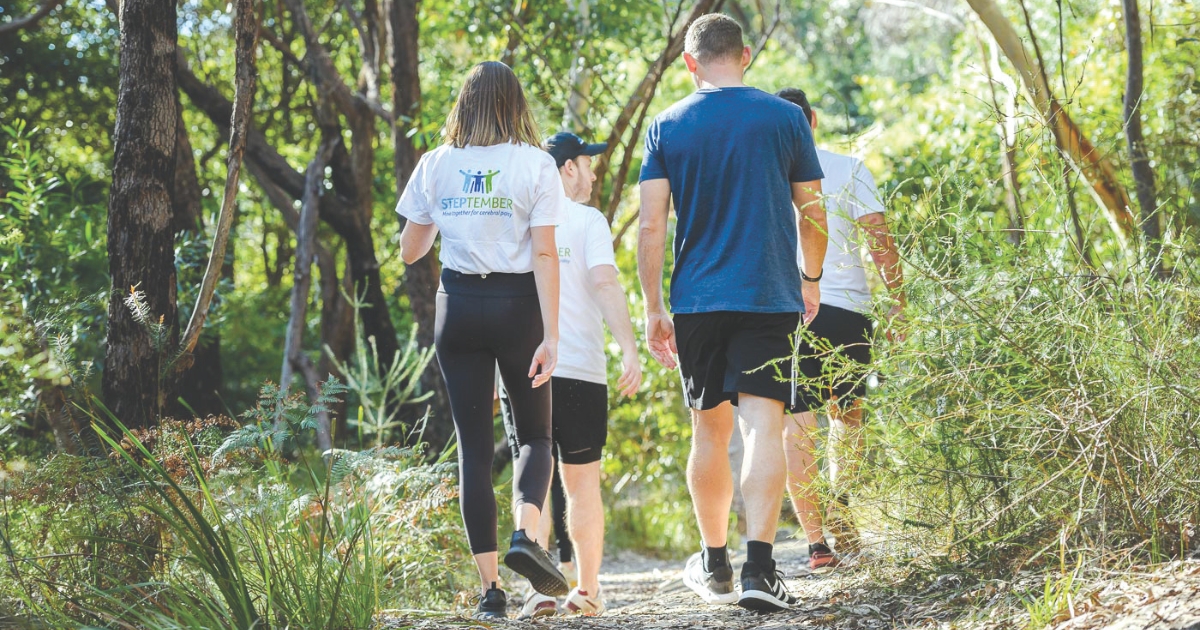‘You’re not broken’: Women Out Loud tackles pain, periods and pelvic health

The Women Out Loud podcast continues its mission to demystify women's health and get people talking about the things that matter. Photo: SUPPLIED
PAIN, heavy bleeding, fatigue and frustration – for many women, these symptoms are dismissed as “normal” – but the latest Women Out Loud podcast is here to say otherwise.
Hosted by GP Dr Niamh Logue, physiotherapist Courtney Weybury, and nurse and practice manager Amy McElgunn, the Surf Coast–based podcast continues its mission to demystify women’s health and get people talking about the things that matter.
In this episode, the trio explore complex conditions such as endometriosis, adenomyosis and polycystic ovarian syndrome (PCOS), while also unpacking painful periods, pelvic pain and the cultural silence that too often surrounds them.
“These are not niche issues,” Dr Logue said.
“Endometriosis affects about one in nine women and people assigned female at birth. PCOS is even more common. We need to stop minimising symptoms and start listening.”
The episode includes a deep dive into how endometriosis and adenomyosis can present differently, and why diagnosis is often delayed. Dr Logue explained that the average time to diagnose endometriosis in Australia is over six years.
“That’s six years of being told it’s all in your head. Six years of thinking you’re just not coping,” she said.
“As clinicians, we have to do better. And as a community, we need to be talking about this.”
Physio Courtney Weybury explained that many women present with symptoms they’ve normalised for years – including period pain, bloating, pelvic heaviness and pain during sex – without ever realising they could be related to pelvic floor dysfunction or an underlying condition.
“So often people are told it’s just a bad period,” Weybury said.
“But there’s a big difference between discomfort and debilitating pain that stops you from going to work or school.”
McElgunn said part of the challenge is helping women trust their own experiences.
“It can be hard to speak up when you’re constantly told what you’re feeling is ‘normal’,” she said.
“But you know your body. If something doesn’t feel right, you deserve to be heard.”
The episode also addresses the impact of these conditions on mental health, fertility, and quality of life. The hosts share real-world advice on how to prepare for a GP appointment, what questions to ask, and how to advocate for referrals to specialists or pelvic health physiotherapists.
“We want people to walk in and say, ‘I’ve been tracking my symptoms. I’d like to be investigated for endometriosis or PCOS,'” Dr Logue said.
“That’s a perfectly reasonable request, and a good doctor will respect it.”
Weybury also explained that physiotherapy can support people both pre- and post-diagnosis, particularly when it comes to managing pain, bladder and bowel changes, and muscle guarding from years of chronic discomfort.
“Treatment isn’t one-size-fits-all. Sometimes it’s about gentle stretching or breathing exercises, sometimes it’s strengthening. But it always starts with listening,” she said.
The episode finishes with a strong message of validation and encouragement.
“You’re not broken,” McElgunn said.
“You’re not overreacting. And you’re not alone.”
Women Out Loud is available now on Spotify, Apple Podcasts and all major podcast platforms.
Follow @women_outloud for new episode alerts, resources and local events.
//SPONSORED CONTENT

















